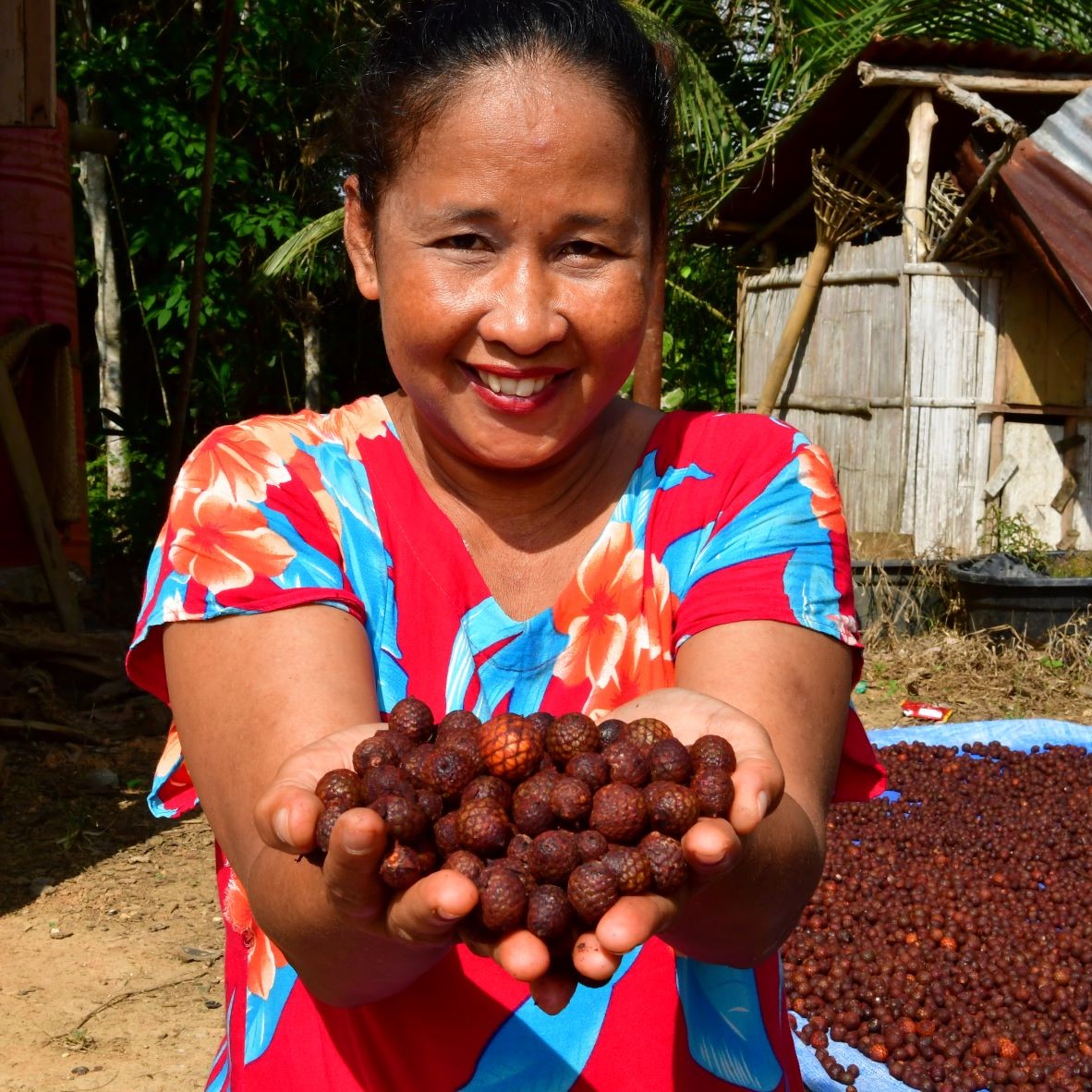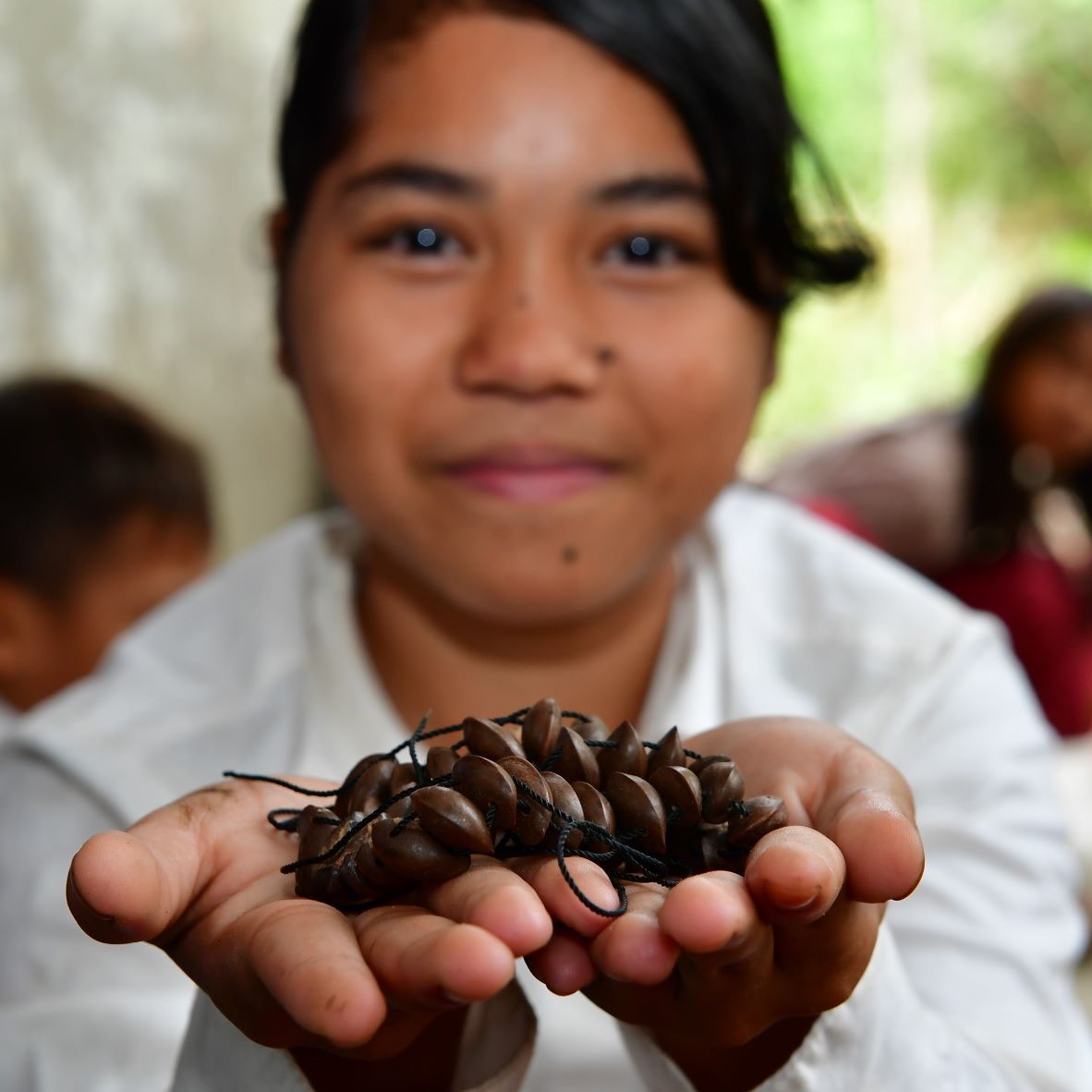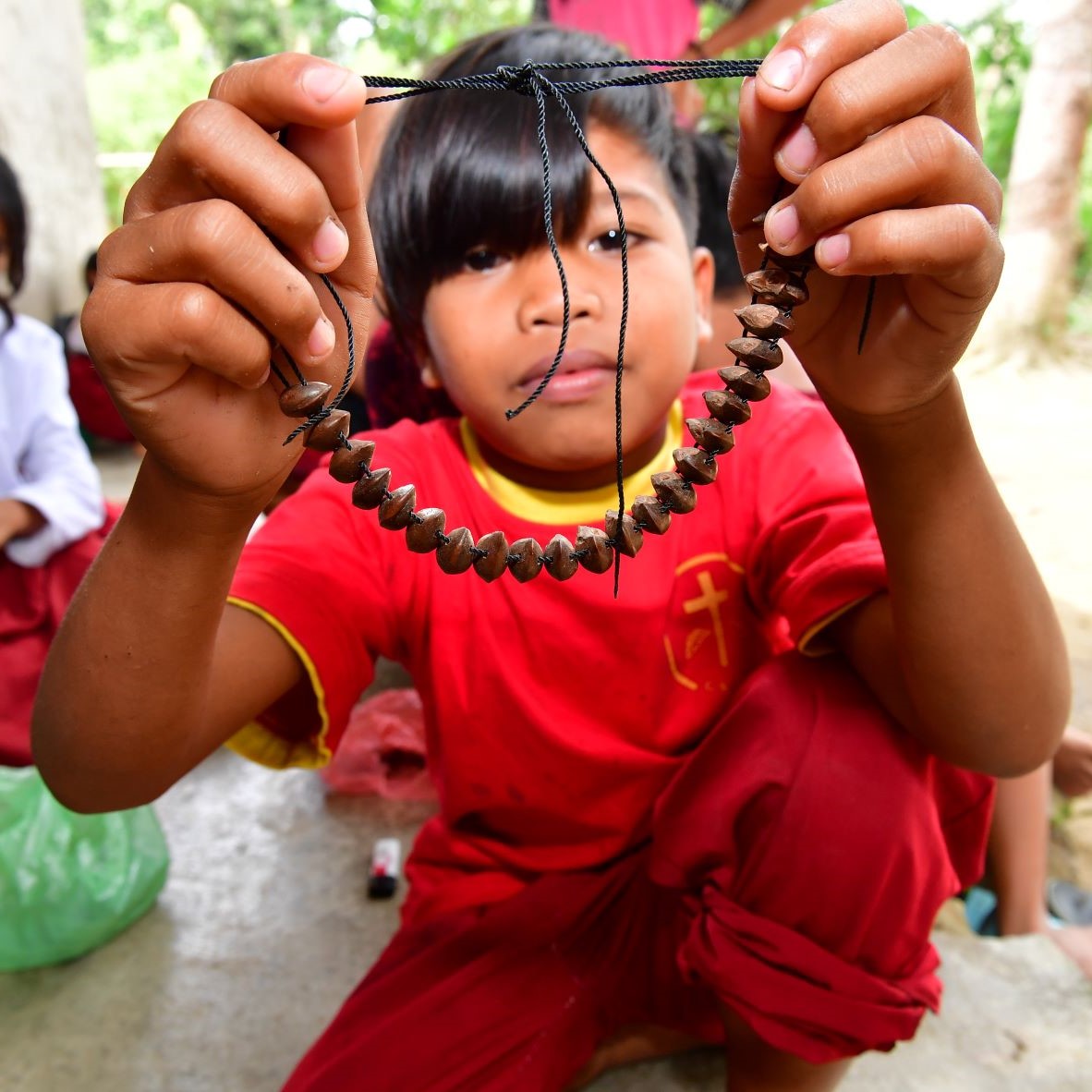In the Bukit Tigapuluh Ecosystem, a new project is about to revolutionise the local Indigenous community, improve the soil and land management, and further protect the forest.
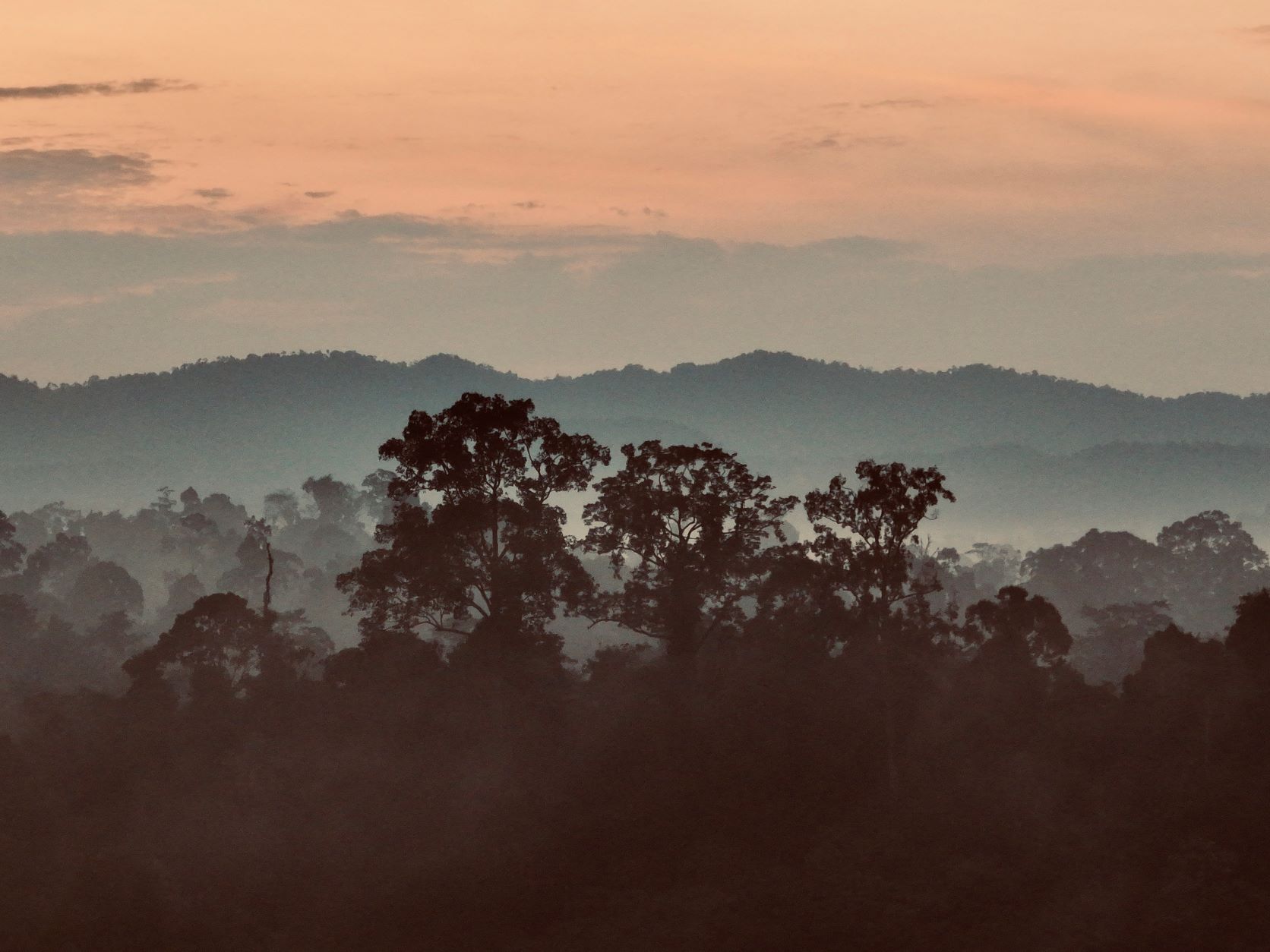
For three years we’ve been working with and supporting the Talang Mamak community, who live in the Bukit Tigapuluh (BTP) Ecosystem. They’re many kilometres from a city and they traditionally rely on fishing, farming and hunting for food. Their traditional farming customs worked in tune with nature, using a slash and burn system that didn’t destroy the forest, until the majority of their land was taken away by multinationals. These corporations then converted their forests, rivers and fields into unsustainable resources for the rest of the world.
Along with orangutans, other species, and other Indigenous communities, the Talang Mamak Indigenous people of Sumatra lose the most when their rich biodiverse forests and ecosystems are destroyed for monocultures like oil palm, rubber and timber. Not only do they lose the resources and environmental services they and the rest of Sumatra rely on, but they also lose their land rights and their ability to have control over their own destinies.
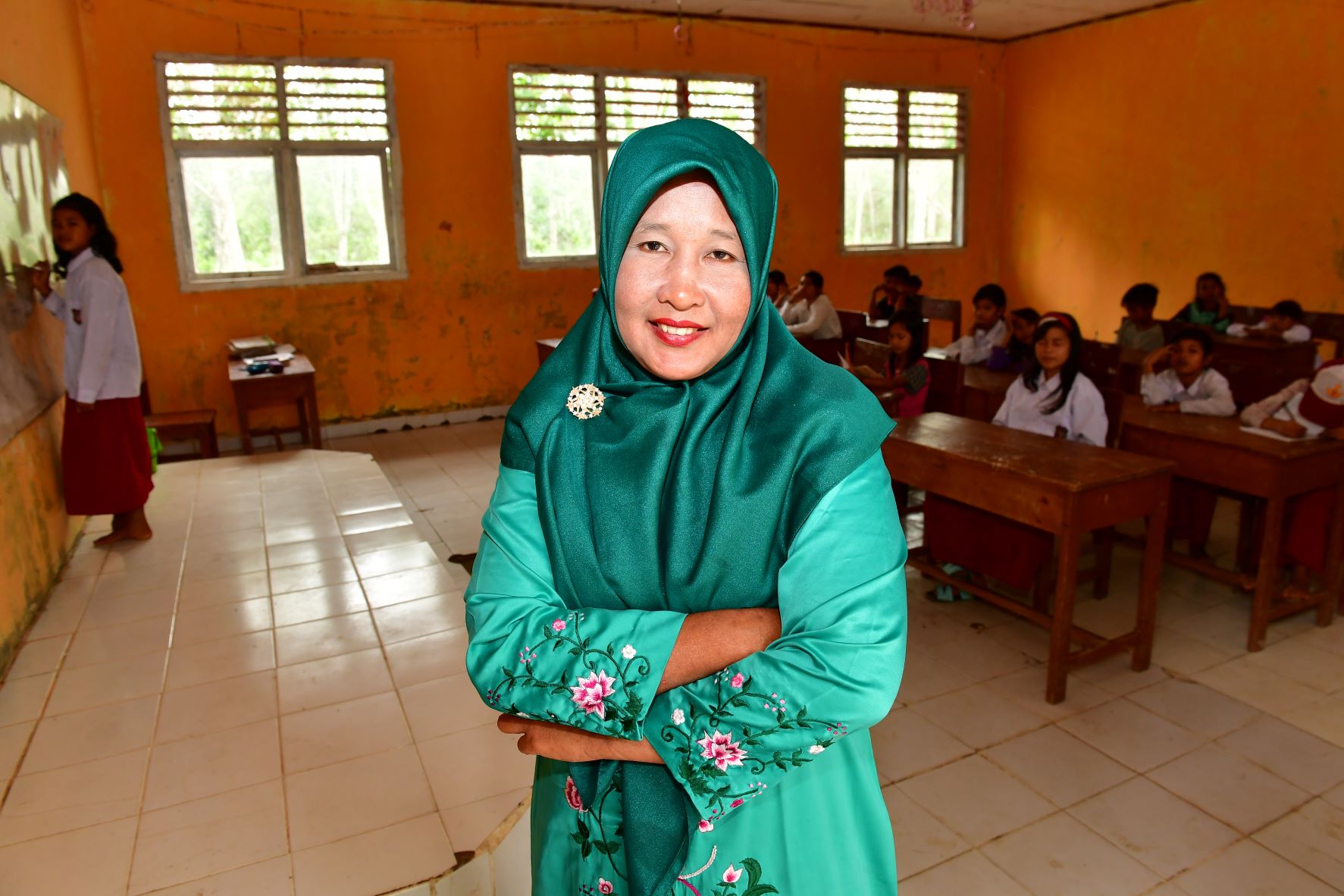
There are many solutions to these challenges, and some are quite complex, such as our work to legally secure large areas of intact forest. However, some solutions are small-scale but still powerful. This is the case with our newest project – working with the Talang Mamak community to develop regenerative farming in their fields and farms.
The Talang Mamak village is about ten hours from the nearest large city of Jambi, and about 20 minutes from our base camp in the Bukit Tigapuluh Ecosystem. The community includes just under 60 families, with around 230 people living in the village. Their houses are spread out, and each home has about 500 square metres of available land. However, most of these plots of land are bare soil, low in nutrients, and compacted by free range goats.
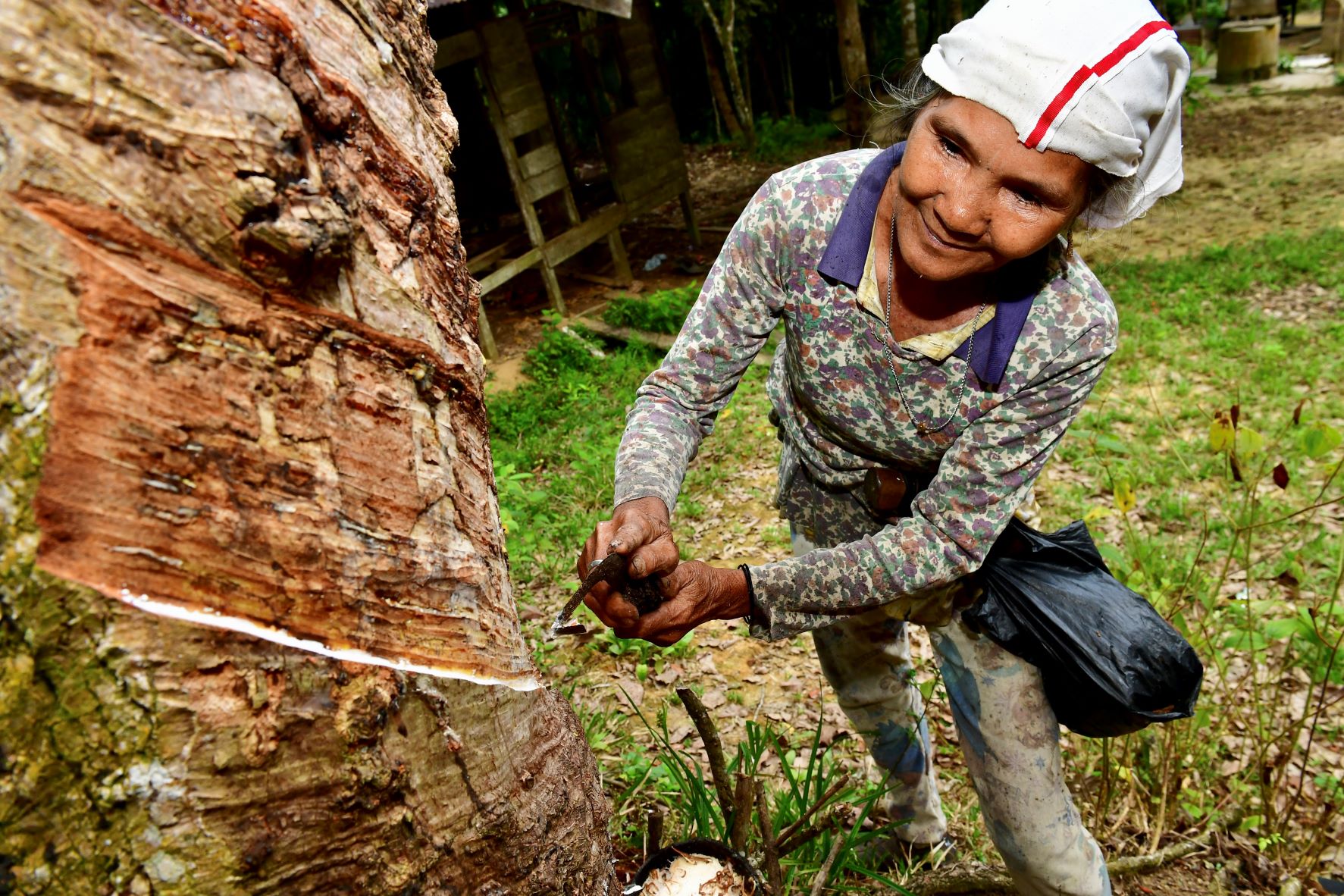
The tribe is very connected to nature, with traditional knowledge about the forest and medicines still intact despite years of non-Indigenous involvement and influence. The elders are committed to passing their knowledge and skills on to their younger generations. Although their knowledge of harvesting from the forest is intact, some skills have been lost, such as the awareness of how to cultivate traditional medicines on their farmland and how to prepare soil for home gardens.
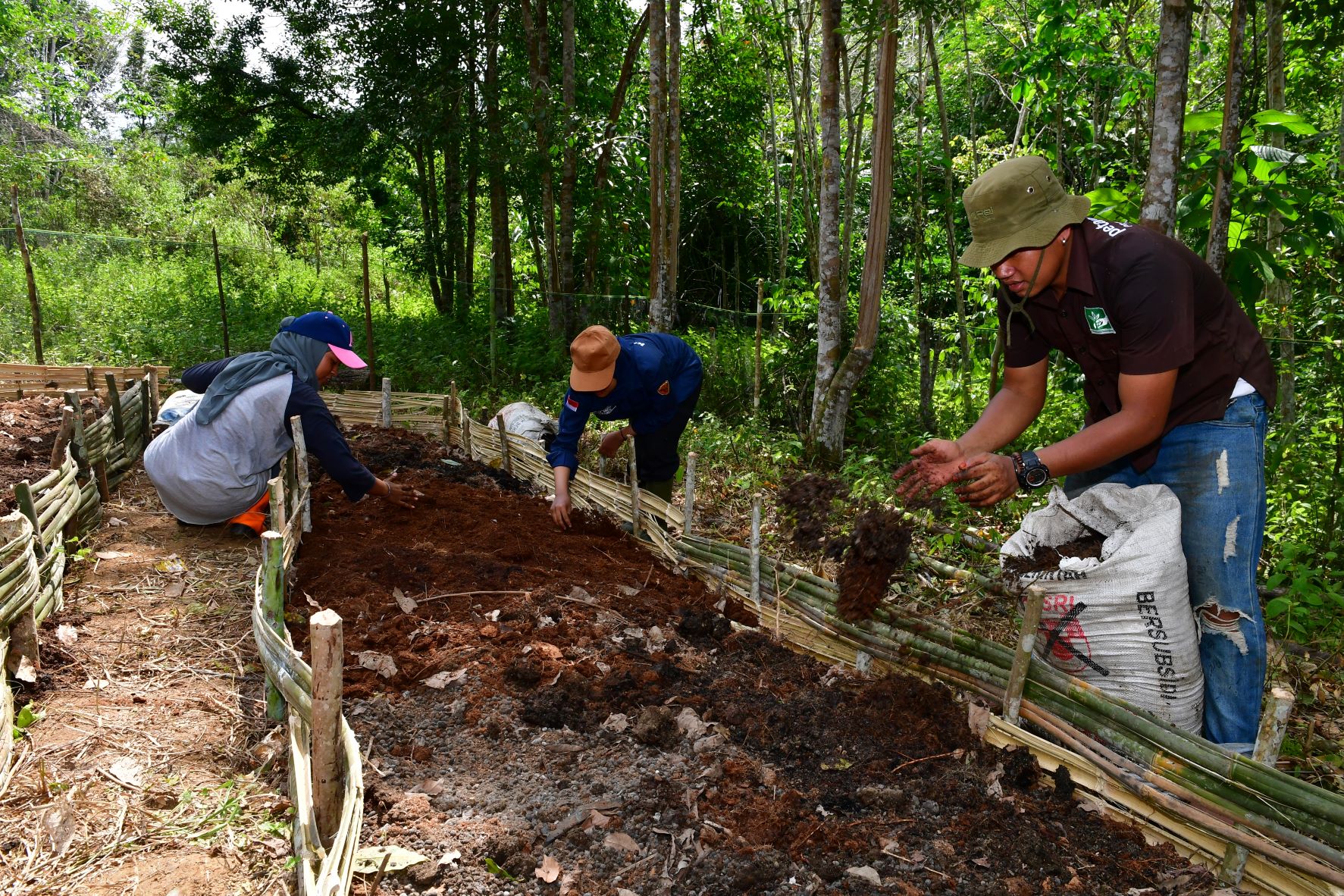
We now have an exciting opportunity to combine traditional skills and knowledge with current and emerging regenerative farming techniques, such as permaculture and mixed agroforestry. To start the process we funded workshops in the Talang Mamak village. The workshops will focus on growing that is integrated with natural systems, waste management (especially plastics), and ways to grow foods and traditional medicines that don’t require harvesting in the forest.
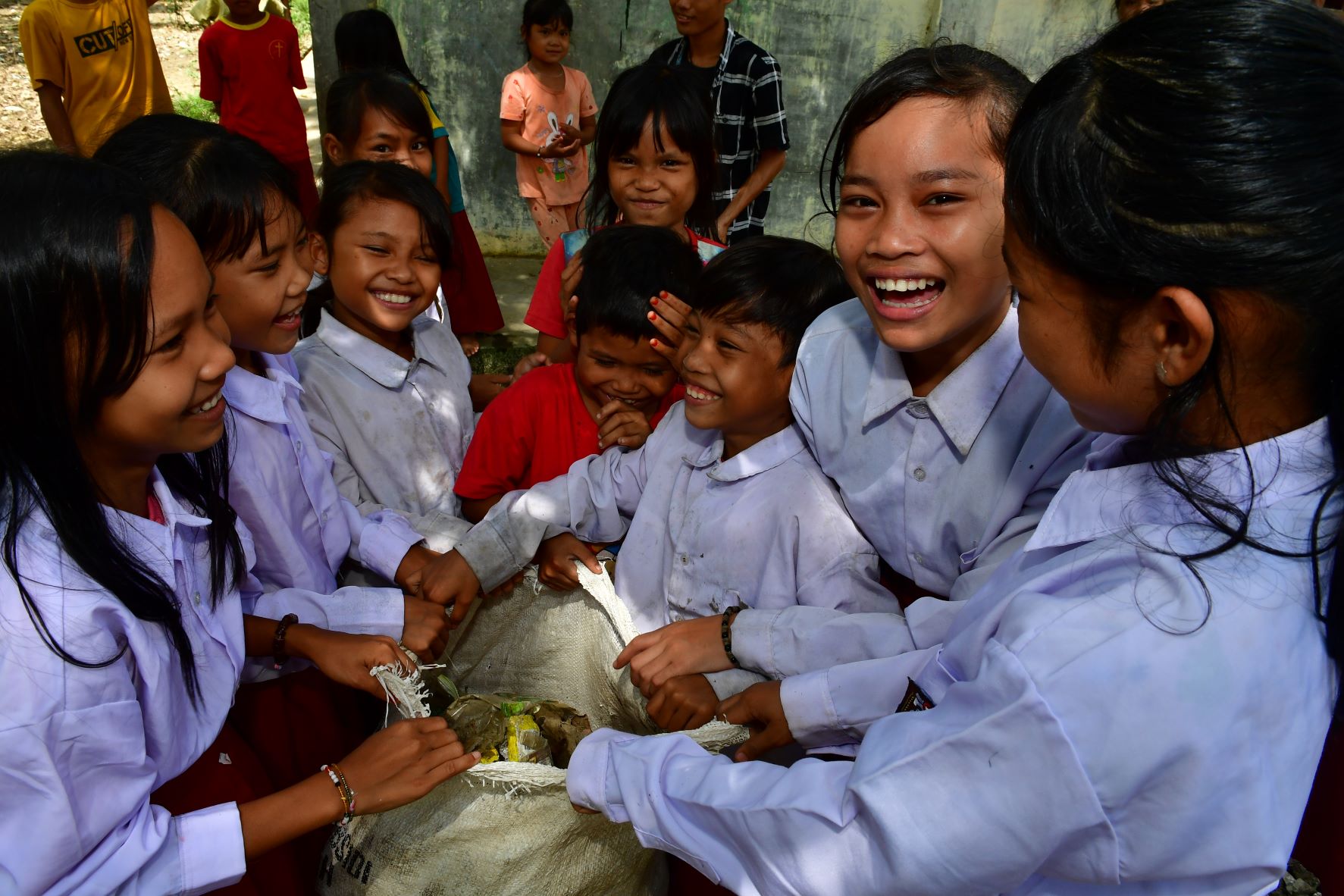
Our three-year relationship with this community is at the heart of why this project is possible. We have worked with them to address their most urgent needs and concerns, namely ensuring that their children have enough food to eat and have the energy to attend school. By listening to the elders, working with them to address their primary needs, and developing strong, respectful relationships, we’re now able to make a different kind of change. The regenerative farming project we are now seeking financial support to continue will enable the community to develop home gardens, improve their soil, and reduce their reliance on the forest. Ultimately, the health of the forest they live near will be even more protected. This is true environmental community development in action.
